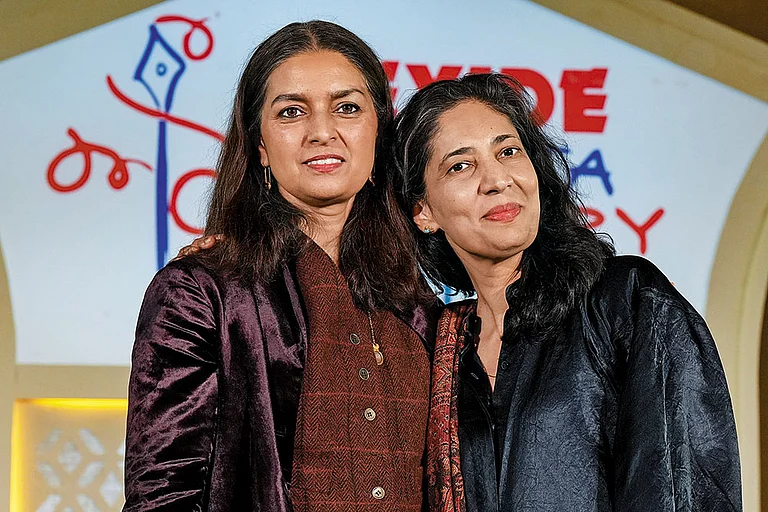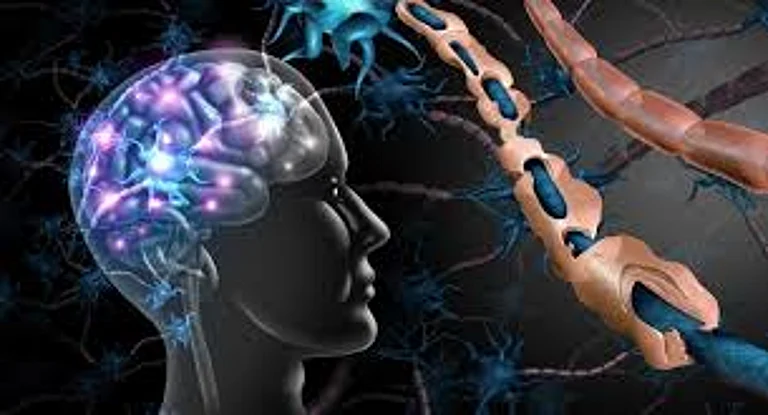Technology is reshaping every aspect of business operations, and payroll and benefits systems are undergoing a significant transformation. The integration of artificial intelligence (AI) and automation into these critical HR functions is proving to be a game-changer, driving unprecedented levels of efficiency, accuracy, and employee satisfaction. As organizations seek to streamline processes and reduce the margin for error, AI and automation emerge as powerful tools that not only simplify payroll and benefits management but also offer deeper insights and more personalized experiences for employees. This shift marks a new chapter in the evolution of HR, where the adoption of cutting-edge technologies is no longer optional but essential for staying competitive in a fast-paced business environment.
The integration of artificial intelligence (AI) and automation into payroll and benefits systems is revolutionizing the field. Sasi Kiran Parasa, a prominent researcher, has made significant contributions to understanding how these technologies can transform critical HR functions. His research highlights the profound impact of AI and automation on efficiency, accuracy, and employee satisfaction within payroll and benefits management.
The traditional approach to managing payroll and benefits has long been burdened by manual processes, time-consuming tasks, and a high risk of errors. He adds, “However, as businesses increasingly turn to technology to streamline operations, the focus has shifted towards harnessing AI and automation to overcome these challenges.” Parasa’s extensive research, published in leading academic journals, provides a comprehensive view of the transformative potential of these technologies.
Moreover, the adoption of AI and automation in payroll and benefits systems is not just a trend but a necessary evolution, he views. He emphasizes that the complexities of manual payroll management are becoming unsustainable in today’s fast-paced business environment. AI and automation, he argues, offer a solution by simplifying processes, reducing errors, and freeing up HR professionals to focus on more strategic tasks.
Reportedly, in his work for the International Journal of Science and Research, he explores how AI algorithms can significantly enhance the accuracy and efficiency of payroll systems. By automating routine tasks such as data entry, calculations, and compliance checks, AI minimizes human error and ensures quick, accurate payroll processing. His research includes case studies where companies have successfully implemented AI-driven payroll systems, leading to substantial time savings and improved accuracy.
Beyond payroll, Sasi Kiran’s research also delves into the impact of automation on benefits administration. “In a study published in the Journal of Artificial Intelligence and Computing,” he discusses “how automation can streamline the complex tasks of managing employee benefits, from enrollment to claims processing.” Automation, he notes, can update benefits based on life events, manage compliance with regulations, and provide personalized recommendations to employees, all of which reduce administrative overhead and ensure timely delivery of benefits.
The potential of AI to provide valuable insights that can inform HR decision-making that is highlighted in his work. In a paper for the International Journal of Business and Economic Management Research, he explains how AI can analyze payroll and benefits data to identify trends, predict future needs, and optimize resource allocation. These AI-driven analytics can help HR professionals develop targeted retention strategies and tailor benefits packages more effectively.
Looking ahead, Parasa envisions a future where AI and automation are integral to payroll and benefits management, creating systems that are more efficient, accurate, and aligned with employee needs. However, he cautions that the implementation of these technologies requires careful planning, secure systems, and adequate training for HR professionals. Sasi Kiran Parasa's research offers a compelling vision for the future of HR, where AI and automation play a central role in enhancing payroll and benefits management. His work serves as a valuable guide for organizations seeking to navigate the complexities of this digital transformation and unlock the full potential of AI in HR management.


























